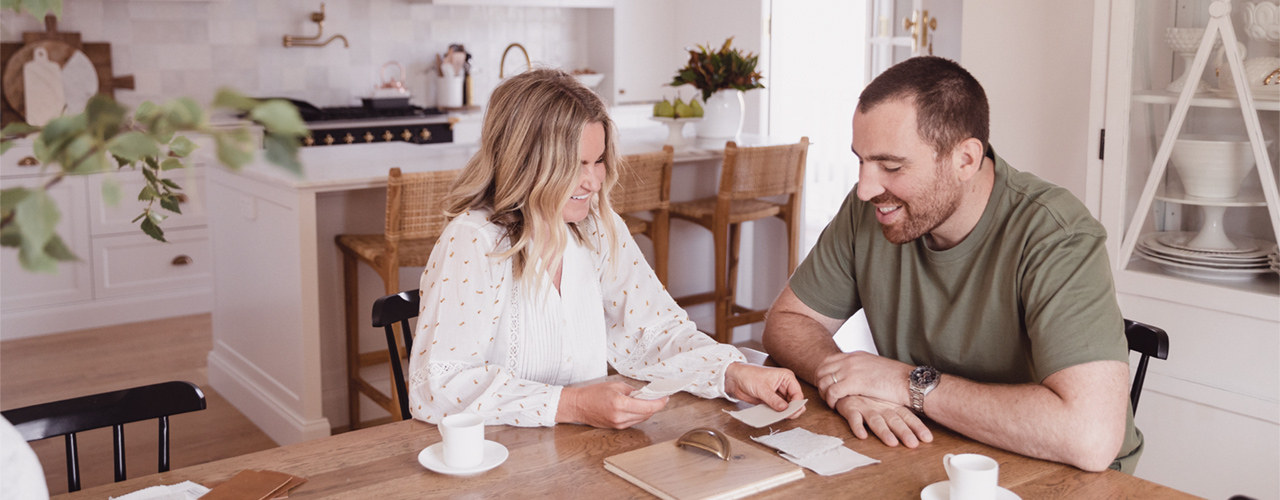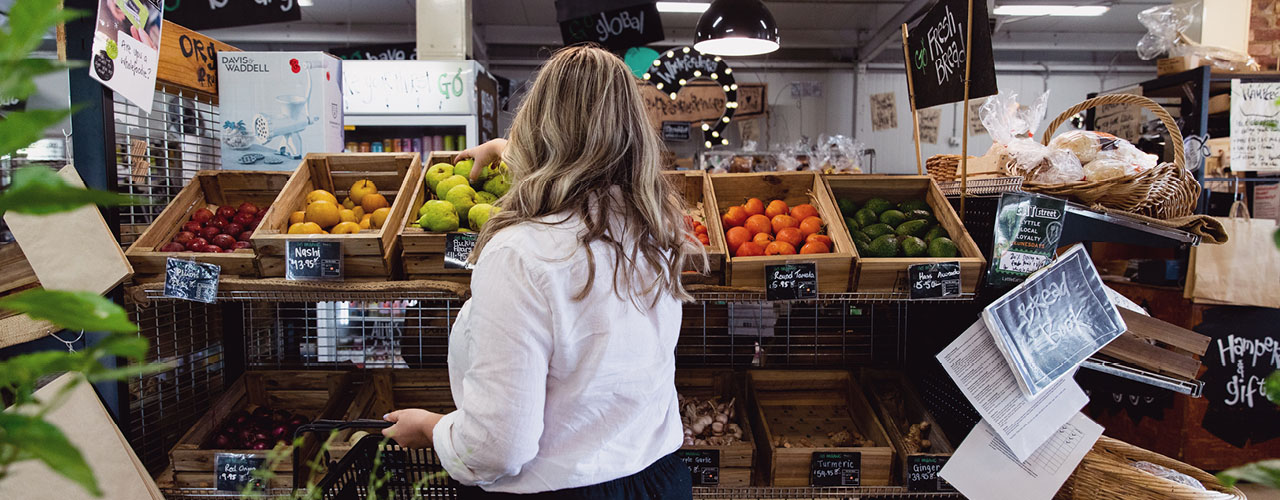Whether you give your kids a set amount each week or pay per chore, providing pocket money to children can be a great way to instil some financial lessons from a young age.
In fact, financial experts say one of the best things about pocket money is that it gives kids a chance to experience buyer's remorse and other important spending lessons when the stakes aren't too high.
"I'm wanting my kids to feel the responsibility and the pain and the joy of what money can bring," says Brenton Tong, Sydney financial advisor, father of three and author of The Secret to Raising Money-Wise Kids.
"If they've saved up $20 from weeks of hard work and chores and then they go and buy something only to realise it was a complete waste, that's a great money experience. I'd much prefer they do that with $20 than with their first pay packet of $1,000 and go, 'Oh I've now got nothing to show for it'."
Of course, the sky is the limit when it comes to how much, how often and how to earn, so we asked the pros for some pointers on the most common pocket money questions parents have.
How much should you give?
There is no set amount of recommended pocket money – every family is different in terms of how much the household budget can afford and how each family member contributes.
"Parents need to determine what's best for them and their children in their particular financial situation," says Gavin Holden, State Manager, Queensland, Bendigo Bank, and father of three.
Even paying in silver coins can have considerable value for children. "Twenty cents a day will hit a dollar after a week and they'll hit $5 at the end of the month and that can be a big deal," Tong points out.
Regardless of how much you pay, Holden says it's important for parents to be clear on the reasons for paying pocket money. "Ask yourself, 'What is the overall objective here?' Is it to give the child some money to play with, or is it to teach them some lifelong habits?"
What's the right age to introduce pocket money?
Holden says that around 12 years old – or when your kids start high school – can be a perfect time to start giving them a bit of financial responsibility.
"We started giving our kids $5 a week when they started high school, which was a real eye opener for them," Holden recalls. "They had a canteen that was bigger than anything they'd had in primary school and they could make somewhat independent choices."
Tong believes every kid is different and that parents should start pocket money when their child starts to show an interest in money. "Pay attention to when they catch on to the idea that money has a value and you transact upon it," he says.
"Some kids might be three or four, others might not start asking questions until they are seven or eight."
How should kids earn it?
Some families will have a list of chores to complete for a set weekly "wage" while others will pay on completion of tasks, such as $1 for folding the washing or $2 for washing the car, so consider how to best motivate your child and get the most household value out of their contribution.
"My wife and I put together a list of jobs, which included keeping their rooms tidy and making sure they were doing homework in a timely manner," Holden recalls.
"Then we built up on the requirements, extending it to things like caring for pets, doing the weeds, helping put the bins out, doing some ironing and things like that."
In Tong's household, on top of earning money upon completion of set tasks, the kids are encouraged to think strategically about making their own money.
"I give my kids 'start up capital' – I loaned my nine-year-old money to start her business making soaps to sell and she's had to pay me back with her profits," he says.
Should you dictate what they can spend their money on?
Again, each family will be different when it comes to whether they have to cover clothes and other essentials or can simply use their money for "fun".
"If we, as a family, decided to go to the movies, then we parents would pay for that, but if the kids want to do something, then we let them pay," Tong says.
Holden suggests setting up a separate savings account for them as well, especially in the age of "tap and go" convenience. "I think it's important for kids to have the ability to see their account balance at any time of the day," he says.
"My kids had a savings account that we jointly managed, as well as a spending account, and we kept encouraging them to put money aside in their savings account, which gives some helpful discipline."
This article contains general advice only. Readers should seek a trusted professional's advice on financial matters. Please read the applicable product disclosure statement(s) on the Bendigo Bank website before acquiring any product.





